
Common garden thyme (Thymus vulgaris) found it’s way into my backyard a couple years ago. I first planted it after my search for a sustainable source of vitamin C lead me to read this article. I now know that thyme contains more vitamin C than any other herb and it has countless medicinal uses as well.
Today, my $3 investment in a packet of seed has turned into a vibrant patch of thyme.
And as I was watering the garden and potted plants this morning…I noticed the bounty of blossoms that have seemed to appear overnight! Now, in early spring, is the perfect time to trim the plant — it encourages more flowers and lush growth.
After enlisting the help of my baby girl (well she 6 but she’s still my baby), she and I sat down and started picking thyme.
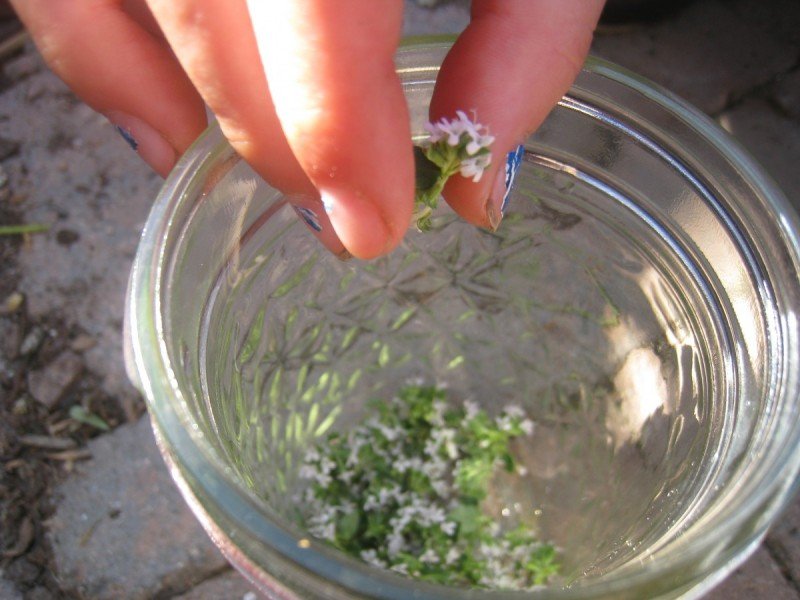
Medicinal Properties
Thyme is a powerful antiseptic and it’s loaded with antioxidants. It works hard to
- ward off colds.
- relieve a sore throat and inflamed tonsils.
- treat stuffy noses, coughs, and colds.
- provide relief from hay fever.
- improve digestion.
Thyme is also well respected as an anti-fungal agent healing ringworm, athlete’s foot, and many other fungal conditions.
One of my most favorite ways to use my garden thyme is to make a thyme infused honey each spring — it seems like fresh, raw honey from the beekeeper and flowering thyme go hand and hand!
We use this herbal honey throughout the year in tea, in smoothies, and on a slice of bread.
Thyme Honey
Supplies
-any size glass jar
-a small pot
Ingredients
-fresh garden thyme leaves and flowers, enough to fill your jar 2/3 full
-raw, unpasteurized local honey (if possible)
Method
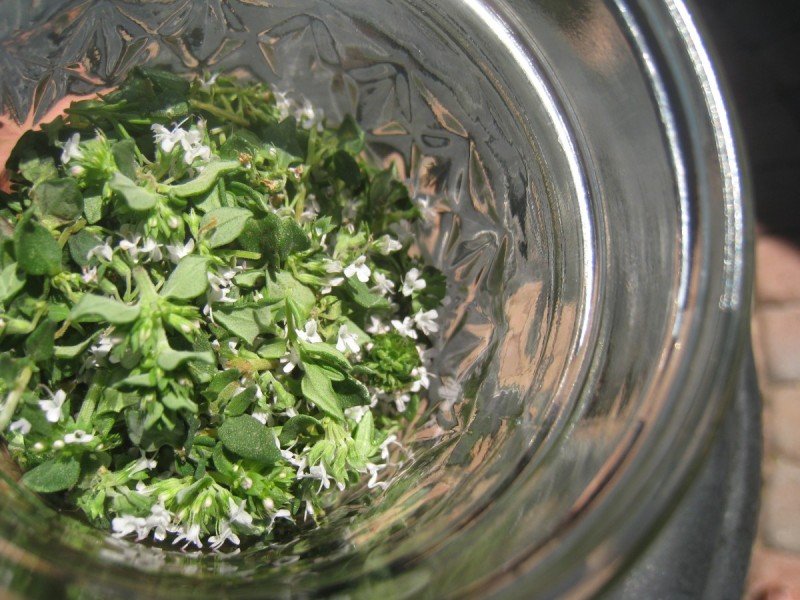
1. Fill a glass jar with 2/3 full of thyme leaves and flowers.

2. Add enough honey to the jar to cover the herbs.

3. In double boiler fashion, fill a small pot with water, add your jar of thyme and honey, then gently heat the mixture for 30 minutes. This will help soften the honey in order for mixing and it will also help extract the goodness of the herbs. Note: Do not let the water get any hotter than 110 degrees Fahrenheit or the heat will kill the healing enzymes of the honey.

4. Remove from heat, label, and cap. Place your jar of honey near a window, in a warm and sunny spot. There it should stay for 2 weeks.
5. Store honey in a cool, dark place. It should keep for several months.
Enjoy!

I have always purchased medicinal herb seed from Mountain Rose Herbs. Thankfully, they offer the finest line of “Strictly Medicinal” seeds from the good folks at Horizon.

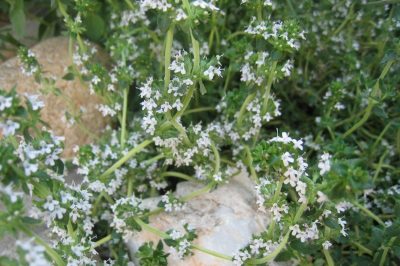
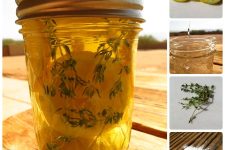
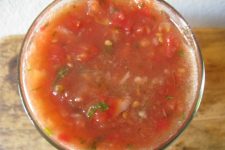
 Homemade Laundry Stain Stick
Homemade Laundry Stain Stick
Hi!
Do you take this every day as a supplement, or just when not feeling well? How much to you take, or give to children (mine are 9,7&3)?
I LOVE your site!!
Hi Sonja! We don’t take this honey daily…only during times when we’re not feeling well. I make an immune system support tea and I usually add a spoonfull to it or if someone has a sore throat or a cough, they get a spoon of thyme honey 🙂
Dumb question but do you filter out the herbs? Or just leave them in there. I don’t think I would like to eat the greens after they’ve been sitting in there…..
Not a dumb question! I was wondering the same thing!
Great question Shannon. I do not filter the herbs out, we just eat them with the honey. You definitely could try to filter them by simply skiming off the top.
I make honeysuckle honey http://www.learningherbs.com/news_issue_66.html and just leave the flowers in. It would be really messy trying to strain out the flowers/herbs. Actually they float to the top, so you can get the honey out without the flowers.
Since you eat thyme, you could do either.
Man does that look good and so pretty! Thanks for all of the info too!
This will make an awesome, easy addition to a good cup of tea when one of us isn’t feeling well. Thank you!
can i use other herbs instead of thyme with honey,like pippermint?